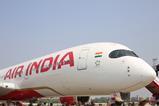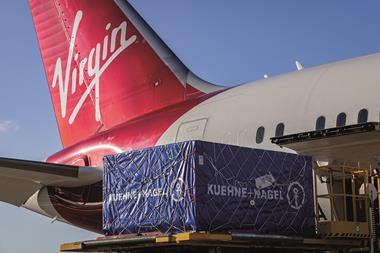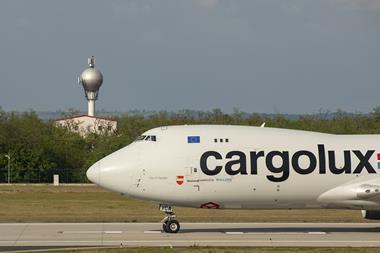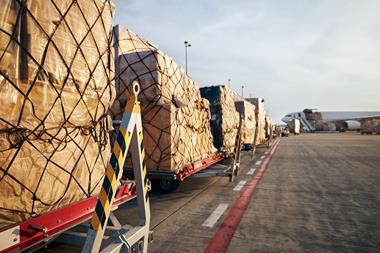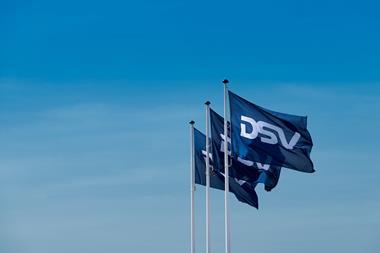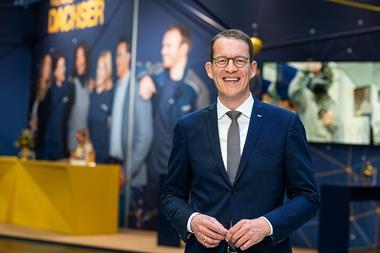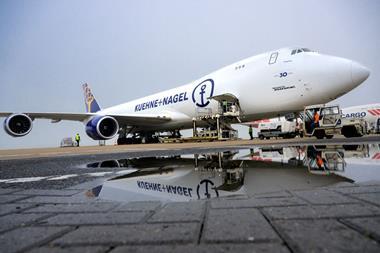The UK government will make more than £100m in funding available for five research and development projects that aim to reduce the environmental impact of aviation.
The Department for Business and Trade said the funding would be delivered through Aerospace Technology Institute Programme to help pioneer groundbreaking new tech, including zero emission hydrogen flight and sustainable propulsion systems.
The funding will go to five aerospace development projects led by GKN Aerospace, Queens University, Rolls-Royce, Short Brothers and ZeroAvia.
Alexandra Herdman, senior policy manager at supply chain group Logistics UK, said: “Logistics UK welcomes the additional financial support announced by the government to develop leading-edge green aerospace projects as the sector continues on its journey to net zero.
“The aviation sector is notoriously hard to decarbonise and investment in innovative technology will help reduce the amount of carbon offsetting as well as carbon capture and storage that is expected to be required to meet the 2050 target.
“Coupled with the UK government’s commitment to sustainable aviation fuel (SAF) through the new SAF (Revenue Support Mechanism) Bill, this investment into innovation for aerospace is a clear sign that the government is serious about accelerating the transition to net zero aviation.”
The five projects are:
- The Hot Section Lifting and Materials (HOTLINE) project – led by Rolls Royce, with project partners Cranfield University and the University of Birmingham will develop turbine technologies that reduce unit and life cycle costs. Total Project cost of £20.5m.
- Advanced Fuel Cell for Aviation Decarbonisation (AFCAD) – builds on ZeroAvia’s success with the Hyflyer I and II projects, to take the high temperature (HTPEM) fuel cell stacks technology to commercialisation stage, enabling zero emission hydrogen flight, with applications for rotorcraft and eVTOL. Total project cost of £17.5m.
- Scenic Composites - By developing a variety of high value testing and manufacturing equipment at the Advanced manufacturing Innovation Centre (AMIC), this project led by Queens University Belfast will build capability in the aerospace cluster in the Belfast region around composite materials. Total project cost of £10.9m.
- IVI – Spirit AeroSystems (Short Brothers) are leading this project with a key objective to produce lighter, more structurally efficient aerostructures with fewer parts, increasing fuel efficiency for a range of aircraft platforms, and enabling transition to new sustainable technologies. Total project cost of £10m.
- H2FlyGHT – led by GKN Aerospace and a UK-based consortium of major aerospace suppliers and academic partners, including Parker-Meggitt Aerospace and the universities of Nottingham and Manchester aims to develop and test a fully integrated liquid hydrogen fuel system and 2 megawatt cryogenic electrical propulsion system for the next generation of zero emission aircraft. Total project cost of £44m.
https://www.aircargonews.net/business/supply-chains/logistics-uk-welcomes-scottish-governments-aviation-statement/








